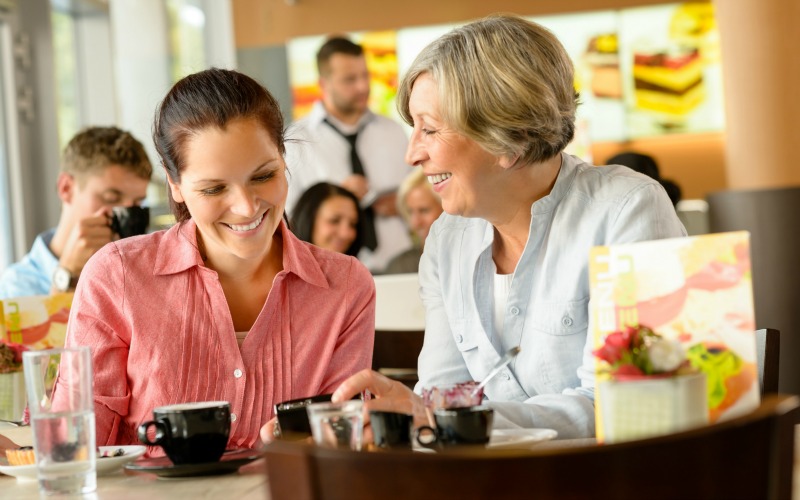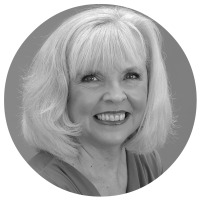
No matter who we are or where we come from, I believe we all want the same things – to feel like we belong and to feel loved by those closest to us must be somewhere at the top of the list. But when life doesn’t go as planned or the relationships we have don’t bring the comfort we’re looking for, turning to drugs or alcohol to fill the void may feel like an immediate solution.
In a recent TED talk, British author and journalist, Johann Hari, explains that new research has been shedding light on the fact that everything we think we know about addiction may not be entirely true – that addiction is either a moral weakness or it is a disease. In his desire to help those he loved who had become drug addicts, he was impelled to go on a quest, looking for a better way to address this problem. After extensive and exhaustive research spanning the globe, he came to this conclusion, “the opposite of addiction isn’t sobriety but connection.”
And just what is this connection he is talking about? He explains that we, as human beings, need to bond with other human beings. Nothing new there, but when some seem unable to maintain close relationships, or “can’t bear to be present in their lives” because of trauma or some other adverse circumstance, “(they) will bond with something that gives relief,” he says. That “something” can be substances which, when indulged in heavily and often, can lead to addictive behavior.
My experience in wanting to let go of alcohol proved that a more lasting, satisfying way of being myself was already present and already within me. And, my life completely changed.
I spent many a youthful night drinking with friends. We had a lot of fun together; put a drink in our hands and the fun seemed to double. Everyone we hung out with drank; it just seemed to be a part of the culture. Not only that, it was also a family tradition, since my dad and many members of that side of the family were heavy drinkers. That was another way for me to justify the indulgence and to be a silent member of the “pack.” I say silent because I would have gotten into big trouble had my dad known what I was up to.
But deep down, I knew this wasn’t a good thing for me to engage in because for one, I wasn’t of legal age yet. That alone should have been a deterrent, but it wasn’t. And as the years rolled on, I started to feel I couldn’t have any fun unless I was drinking and hanging out with others this way.
I don’t ever remember having any physical dependency on alcohol, it was more of a social thing. But about 33 million Americans really struggle with this habit and want to know how to stop drinking alcohol. It is no secret how destructive it can be physically, emotionally and financially.
The National Institute on Alcohol Abuse and Alcoholism reports that about 30 percent of Americans have had a drinking problem at some point in their lives, some mild, some severe.
Both my dad and ex-husband suffered from alcoholism, and it caused great strife and grief in our family. A friend of mine told me about someone she knew who went to new jersey drug rehab centers to get help with their addiction. A lot of effort and anguish were wasted in getting them to quit. “Loving an addict is hard,” Hari says, and that certainly felt true in this case. And I wish I could say that I had approached them with more love and understanding. But, I used more the pleading, shaming or condemning approach. And I can tell you, none of those tactics worked. At times, I felt hypocritical. Here I was having my regular social drinks and then telling them they needed to quit. Those long ago conversations often turned into confrontations, which got us nowhere.
But when I was in my early thirties, I finally came to the realization that the only one I could change was myself and that my happiness wasn’t dependent upon another’s actions. The biggest help I found in understanding this better was through a deep study of two books, The Bible and another one called, Science and Health with Key to the Scriptures by Mary Baker Eddy.
These books helped me to discover and feel the higher connection that we all have to Divine Love. I learned that Jesus tells us in his Sermon on the Mount, “Blessed are they which do hunger and thirst after righteousness, for they shall be filled.” I felt this was a promise. I was thirsting after something more satisfying – deeply desiring to be filled with goodness and love and to feel whole. At one point, the empty spaces that I felt were a part of me started to fill in through understanding that I was already made whole and complete by a benevolent Creator. I realized I didn’t need anything external for that to be true. And I started to see this was true for my dad and my husband and everyone. Eventually, both of these men did quit drinking.
When I stopped drinking I didn’t lose any friendships because of it. That was one of my concerns. People were curious about why I stopped and would sometimes ask about it; but I never felt judged. It was a “live and let live” proposition garnered with mutual respect.
Each of us can nurture our human connections, and in my experience they grew stronger when I found the connection we all have to a perfect, all good Creator. We don’t have to travel far to find it because this connection, and the self-worth and strength that come with it, is right within us.

Malissa Lakin-Watson
Malissa is a wife, mom, stepmom and grandmother. Originally from the Chicago, Illinois area, she has lived in Iowa, Colorado, Hawaii and Upstate New York. She now resides in the beautiful city of Savannah, Georgia.
Her background is in Health and Fitness, spanning a 30year period. She taught group exercise classes and spent most of her career as an Assistant Director for a YMCA.
Helping others find their way to a more healthful, harmonious and spiritual path as a Christian Science practitioner is now her life’s work. She is a health writer and focuses on the connection between our thinking, our health and spirituality.
Spending time with her family, being out in nature, hiking, swimming and walking the dog are some of her favorite things to do.




These ideas certainly give me a different perspective on addictions. Thank you for sharing them.
I am so glad, Karen. Thank you for your comment:))
Excellent. Thanks for sharing a unique perspective on addiction– that the opposite of being addicted is being connected in a positive way with others and with our highest self.
Thank you, Jerry!